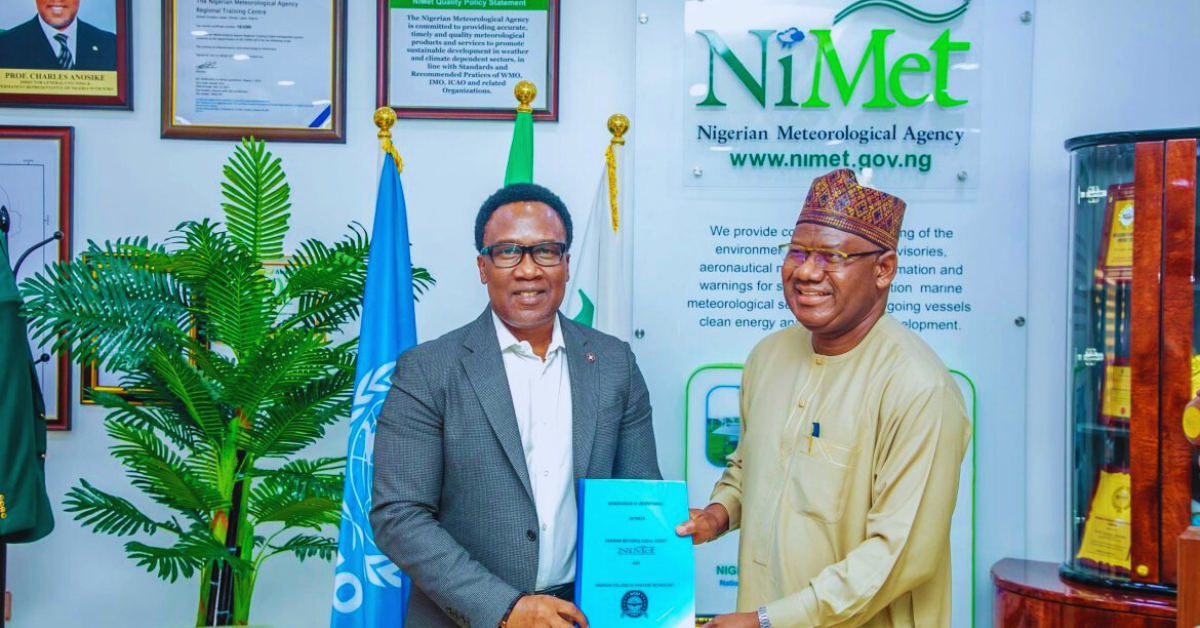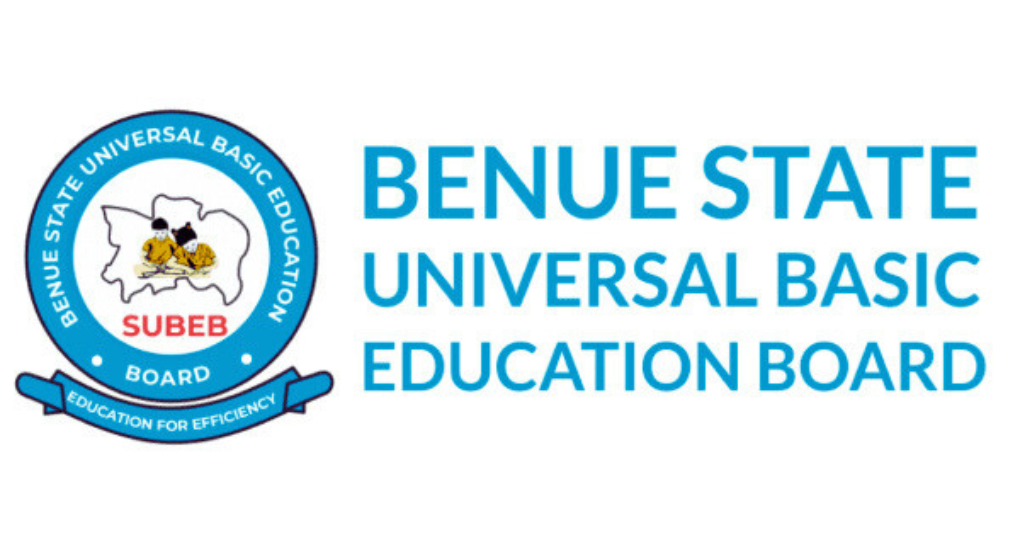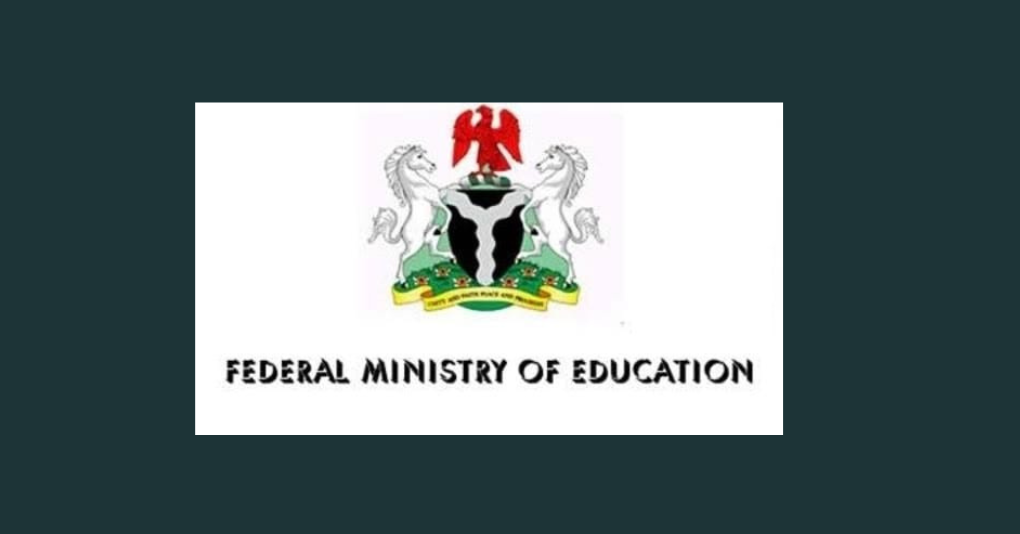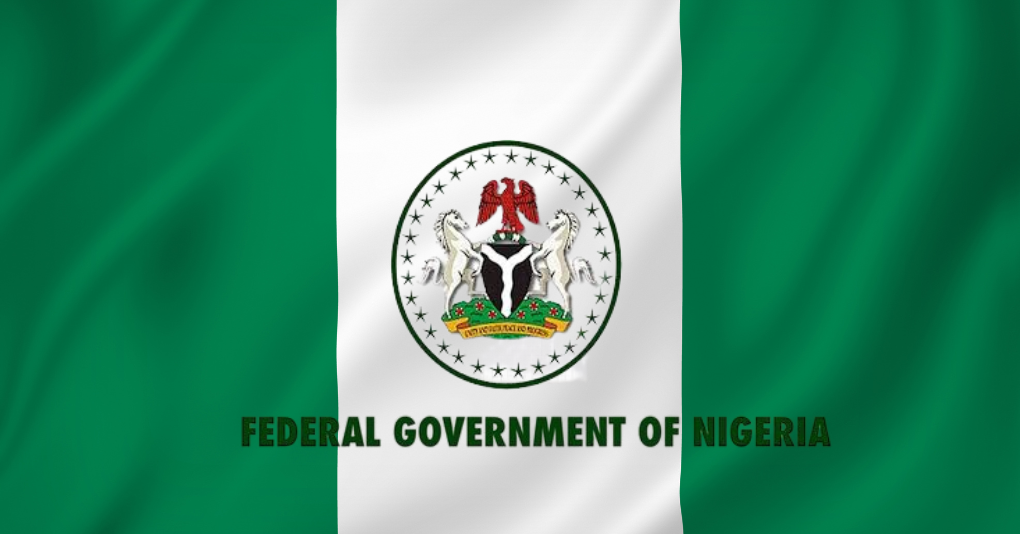The Nigeria Union of Teachers (NUT) on Sunday pegged the shortage of teaching personnel at over 194,876 across the country, suggesting that a dedicated National Commission for recruitment would do the magic of bridging shortfall in staff.
This is as it joined other nations across the globe to observe the 2025 World Teachers’ Day, an opportunity it had to raise grave concern about an alarming man-power crisis in primary and secondary schools nationwide.
NUT President, Comrade Titus Amba, brought these lapses to the fore, while observing the day at Eagle Square, Abuja.
While speaking on the theme of 2025 World Teachers’ Day, ‘Recasting Teaching as a Collaborative Profession’, Amba urged federal and state governments never to ignore the plight of teaching professionals, stressing that through implementation of an enhanced salary structure and robust welfare packages for primary and secondary school teachers across the country, the society will be the better for it.
Amba equally lamented that some state governments are being recalcitrant to implement the N70,000 new national minimum wage approved by the Federal Government.
He used the 2025 celebration to appeal to all tiers of government to ensure that the right number and quality of teachers are employed to promote effective education delivery and improve learning outcomes in the nation’s school system.
According to Amba, the low status of teachers and poor conditions under which they work, despite established fact that teachers are the soul of any education system emphasising proper status of teachers and due public regard for teaching profession are of major importance for the full realisation of educational aims and objectives.
He called for improved remuneration and welfare of teachers to make the teaching profession more attractive for younger generations including creating National Commissions to tackle teacher shortages.
He stated: “The wellbeing of teachers is crucial to attract and retain teachers in the profession and tackle the teacher shortage. It is also central to the realisation of the right to quality education for all.
“It was in recognition of the low status of teachers and the poor conditions under which they work that the Federal Government under President Muhammadu Buhari approved some welfare packages for teachers with a view to repositioning the education sector for greater service delivery in the country. Some of the approved incentives include: special salary scale for teachers in Basic and Secondary Schools and harmonised retirement age of 65 years and 40 years of service for teachers.
“Reintroduction of bursary award for students studying education in universities and colleges of education; building of low-cost houses for teachers in rural areas; provision of loan facilities for agriculture, housing, cars, motorcycles and others to support teachers’ earnings; and free tuition and automatic admission for biological children of teachers.
“It is worrisome to note that apart from the new retirement age for teachers which has been implemented by 22 states and the FCT, most of the approvals made in 2020 are yet to be implemented.
“We hereby call on both federal and state governments to ensure full implementation of these approved incentives for teachers to promote their effectiveness and quality learning outcomes in our school system,” he stated.
On shortage of teachers, the NUT president maintained if the acute challenge of teacher shortage is not addressed, it would impede Nigeria’s efforts aimed at realisation of the Sustainable Development Goal 4 (SDG 4) by 2030.
He said: “The shortage of teachers has become a major challenge to education systems of nations around the world, having direct implications on the quality of education. UNESCO’S Global Reports on Teachers and Early childhood care and Education (2024) indicate a shortage of about 44 million primary and secondary education teachers and at least 6 million pre-primary education teachers to meet the Sustainable Development Goal 4 (SDG 4) by 2030.
“In Nigeria, available statistics reveal an alarming man-power crisis in primary and secondary schools especially in the rural areas. According to UBEC (2024) there is a shortage of 194,876 teachers in public primary schools across the country.
“The situation in the secondary education sub-sector is also not encouraging. Shortage of teachers in our schools undermines the nation’s commitment to providing quality education for all in line with SDG 4,” he stated.
The NUT president also decried the removal of Teachers’ Registration Council of Nigeria (TRCN) from benefiting from Federal Government’s annual budgetary allocation.
He called on President Bola Ahmed Tinubu to revisit the issue of delisting the TRCN among other regulatory bodies from government funding and to ensure that the Council benefits from the national budget in order to provide the needed empowerment and support for the TRCN to strengthen the teaching profession for greater service delivery and productivity.
He warned against privatisation and commercialisation of education in Nigeria, saying it was worrisome that some governments are adopting policies that promote privatisation and commercialisation of education through handover of schools to missions and voluntary agencies, rather than building and maintaining public schools that would provide the needed access and cater for the interest of all children, including the less-privileged and the vulnerable, especially the girl-child, children with disabilities and those living in rural areas.
“It is important to state that privatisation of education in any guise creates disparities in educational opportunities and social inequalities, and as such negates our collective desire and commitment, as a nation, to provide compulsory, free, universal basic education for all.
“The NUT therefore frowns on the recent handover of some schools by the Edo State government to missions and calls on the government to rescind its decision and rise to its obligation of providing inclusive and equitable quality education for all children in the state,” Amba stated.
Minister of Education, Dr. Olatunji Alausa, in his remark, reaffirmed the commitment of the Federal Government to welfare of teachers, while acknowledging the vital role of teachers in advancing education for sustainable development.
He affirmed commitment of President Bola Ahmed Tinubu towards ensuring a better deal for teachers in his renewed hope agenda, maintaining that rewarding teachers is an investment in quality education, student achievement and national progress.
He said the theme for this year, ‘Recasting Teaching as a Collaborative Profession,’ resonates deeply with Nigeria’s education reform agenda, disclosing that his ministry initiated numerous policies to revitalise the teaching profession including the National Teacher Policy which ensures that teachers are professionally empowered and motivated.
Share this post





Be the first to comment on this post